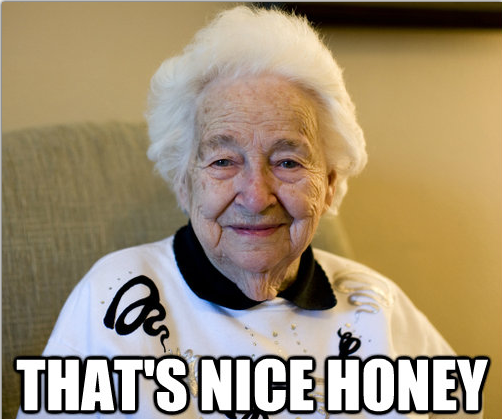I think I have done that. Property allows us to delineate boundaries such that we can avoid, or resolve conflicts peacefully. Without a notion of mine and thine, we would constantly be conflicting with one another.The burden is on you to show that a claim to property is just. Just taking it doesn't make it right, and doesn't make it okay to deny others access to it. You haven't shown why you think it is just.
It's a system. I think it has a lot of positive benefits, like it leads to rational economic outcomes, it fosters peace and responsibility.
If you have a better system, I am for it. But the premise upon which I accept property as valid, is its utility and inherent fairness.
I don't understand what conditional property ownership is.I happen to think conditional property ownership is probably just on the grounds that it's generally better for people.
So you're only arguing for cow and pig rights? You're willing to abandon rights for bears and lions?That's not a good argument, either. What risk do cows or pigs pose to you?
Right, that's a consequentialist position, and I have real issues with consequentialism because it is circular.That which promotes the well-being of the largest number of people. Maximizes utility, say.
The only way you can calculate utility is to have free exchange and a price system. Otherwise, it's really just someone, or someones perception of what is good for everyone.
The idea of the "greater good" is a collectivist concept which is great rhetoric, but it doesn't stand the test of empirical or logical scrutiny. I'm not attacking you for it, but I'd like you to really think over how you could possibly know what maximum utility is, since value is intrapersonal (individual) and subjective.
But what if the society is a private property society. You're ok with that?I think you have the question backwards. The question should be, who has the right to claim property? And I would answer, anyone has the right to claim anything, but no one has to accept that claim. If you want the claim recognized, you'll need to accept the conditions established by the society you live in.



